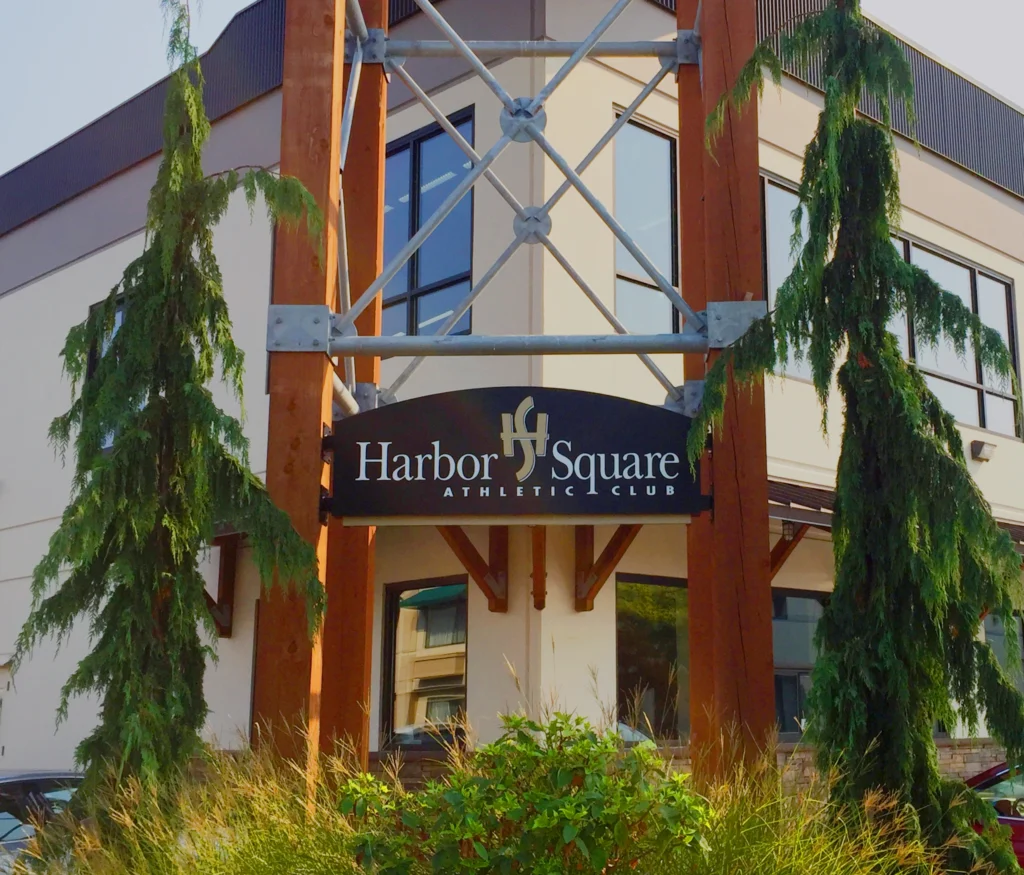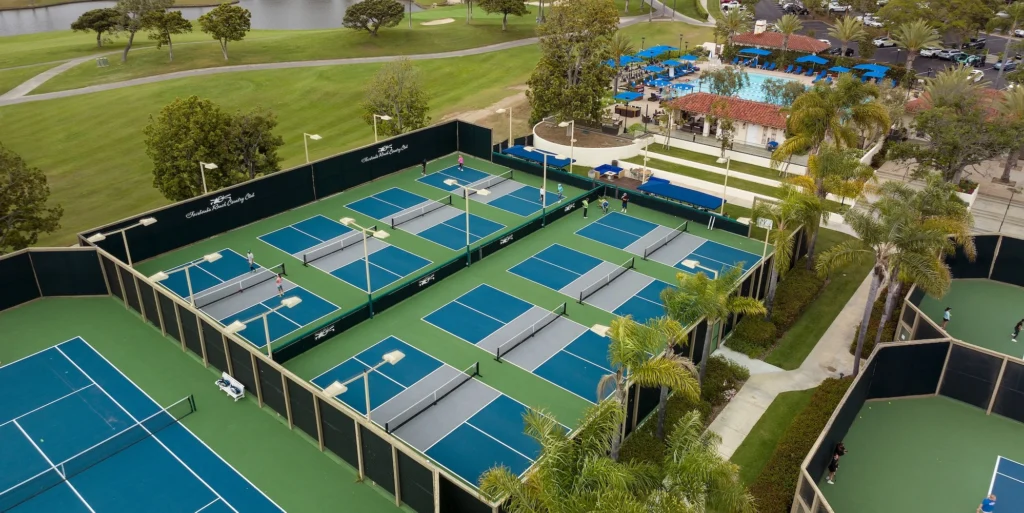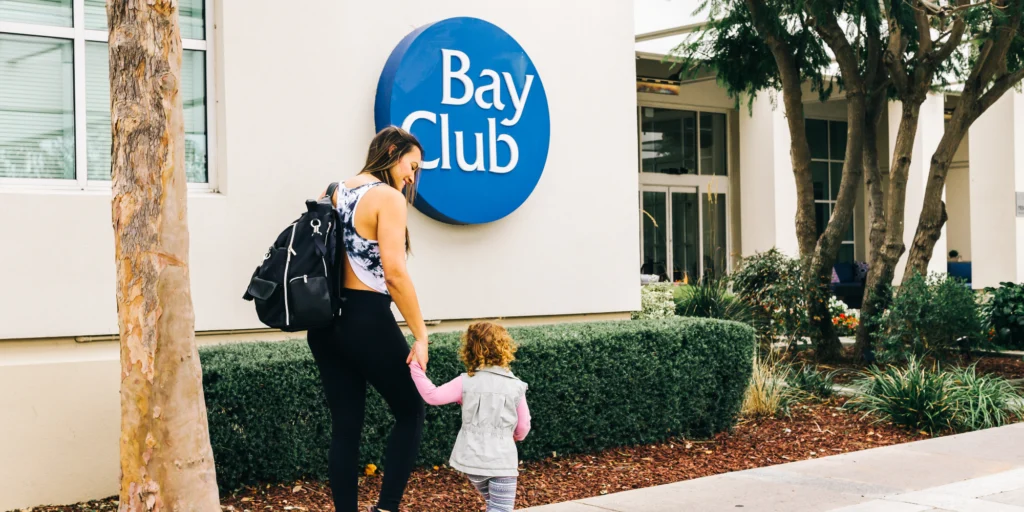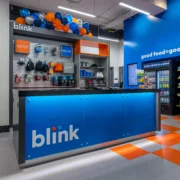The Bay Club Company is in deal-making mode as the luxury sports, recreation and active lifestyle operator looks to nearly double its club count by the end of this year.
Backed by private equity giant KKR, Bay Club currently has 27 clubs on 10 campuses spread out across the West Coast; by the end of this year, it’s projecting at least 50 clubs and over 200,000 members, up from around 135,000 at the end of 2024.
To get there, Bay Club intends to aggressively expand through acquisitions. Earlier this month, it acquired Harbor Square Athletic Club in Edmonds, Washington, around a half-hour outside of Seattle. It marked the San Francisco-based brand’s third acquisition in the Pacific Northwest since 2023.
Bay Club – which already has a large presence in the Bay Area and Southern California – is aiming to open at least 10 clubs on its Pacific Northwest campus, which currently includes three locations in Washington and one in Portland, Oregon (though not all of those may open this year).
The company is also actively looking to acquire clubs in major cities in the Mountain and Desert regions of the United States while continuing to expand in existing markets including the Bay Area, Los Angeles and San Diego.
“There are a number of potential deals in the pipeline,” Bay Club chief financial officer Richard Johnston tells Athletech News.

Founded in 1977, Bay Club has long been a California institution, with a portfolio of clubs offering everything from fitness to spa/beauty services to pickleball, tennis and golf, along with restaurant-quality food and beverage options.
Bay Club doesn’t consider itself a fitness brand, though. Instead, the company says it belongs in the “sports, outdoor recreation and active lifestyle” category.
“The same consumer who goes to a Bay Club location is the same consumer who has an Ikon Pass (winter sports), and sits in the lower bowl of sporting events,” Johnston explains.
As Bay Club looks to acquire new clubs, it will target those that play in this sports, outdoor recreation and active lifestyle category – that might mean buying traditional upscale health clubs similar to Life Time and Equinox, but it could also mean snapping up golf courses, tennis clubs and even ski resorts.
“When you think about the consumer as sitting within this experiential category across sports, outdoor recreation and active lifestyle, you can very much widen the aperture versus just thinking myopically about a club,” Johnston says.
He points to the Bay Club Marin campus in the Bay Area as an example of this strategy in action. That campus is anchored by Bay Club Marin, a 60,000-square-foot club that features a fitness center, group exercise classes and sports like squash and basketball. To round out the Marin campus experience, Bay Club has added neighboring clubs with amenities like an 18-hole golf course, tennis courts, pools and outdoor pickleball courts.

Bay Club’s expansion journey in Seattle and other target markets will likely follow a similar trajectory. In 2023, the brand acquired Pro Club, which operates two luxury facilities in the Seattle region, including a massive club in Bellevue.
“We want to enter a market with a battleship, and then we fortify our market position around it with additional amenities across sports, outdoor recreation and active lifestyle,” Johnston explains. “Entering the Pacific Northwest, Pro Club (Bellevue) is really that battleship. It’s 400,000 square feet, 10 acres and sits across the street from Microsoft’s global headquarters.”
Throughout the West Coast, Bay Club has a well-earned reputation for building these mega campuses. According to the brand, its members in the Seattle region are already clamoring for more clubs.
“Once they hear about our business model, the first thing that they ask is, ‘Can I use the other clubs?’” Bay Club executive vice president of new business development Victor Woo tells ATN. “And then it’s, ‘When are you getting a country club and golf course?’ And ‘what else are you going to be buying?’”



